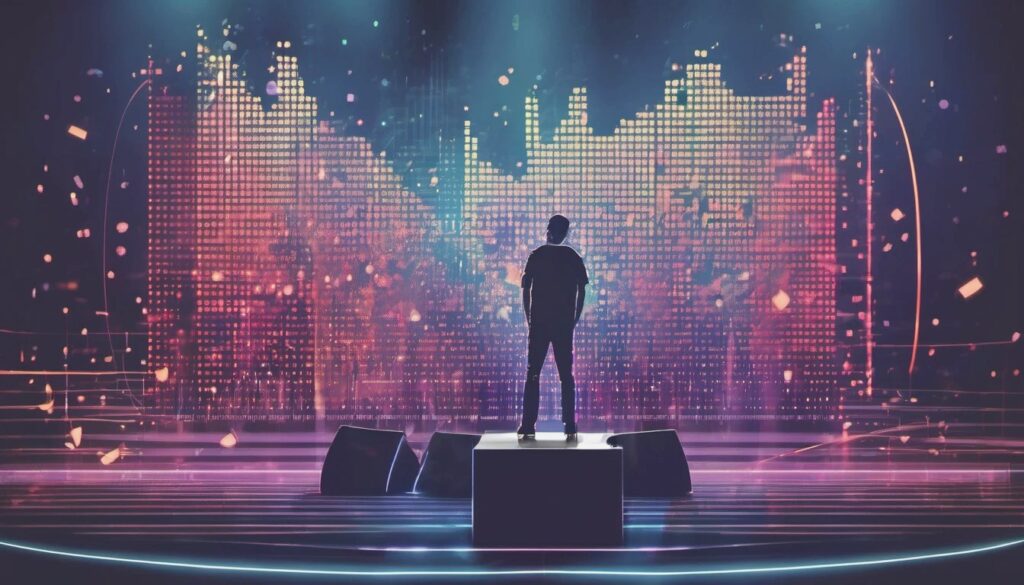
On March 21, 2024, the governor of Tennessee signed the ELVIS Act (the Ensuring Likeness, Voice, and Image Security Act of 2024) which is aimed at the problem of people using AI to simulate voices in a way not authorized by the person whose voice is being imitated.
Here are three key things to know about the new law:
(1) Voice defined.
The law adds the following definition to existing Tennessee law:
“Voice” means a sound in a medium that is readily identifiable and attributable to a particular individual, regardless of whether the sound contains the actual voice or a simulation of the voice of the individual;
There are a couple of interesting things to note. One could generate or use the voice of another without using the other person’s name. The voice simply has to be “readily identifiable” and “attributable” to a particular human. Those seem to be pretty open concepts and we could expect quite a bit of litigation over what it takes for a voice to be identifiable and attributable to another. Would this cover situations where a person naturally sounds like another, or is just trying to imitate another musical style?
(2) Voice is now a property right.
The following underlined words were added to the existing statute:
Every individual has a property right in the use of that individual’s name, photograph, voice, or likeness in any medium in any manner.
The word “person’s” was changed to “individual’s” presumably to clarify that this is a right belonging to a natural person (i.e., real human beings and not companies). And of course the word “voice” was added to expressly include that attribute as something in which the person can have a property interest.
(3) Two new things are banned under law.
The following two paragraphs have been added:
A person is liable to a civil action if the person publishes, performs, distributes, transmits, or otherwise makes available to the public an individual’s voice or likeness, with knowledge that use of the voice or likeness was not authorized by the individual or, in the case of a minor, the minor’s parent or legal guardian, or in the case of a deceased individual, the executor or administrator, heirs, or devisees of such deceased individual.
A person is liable to a civil action if the person distributes, transmits, or otherwise makes available an algorithm, software, tool, or other technology, service, or device, the primary purpose or function of which is the production of an individual’s photograph, voice, or likeness without authorization from the individual or, in the case of a minor, the minor’s parent or legal guardian, or in the case of a deceased individual, the executor or administrator, heirs, or devisees of such deceased individual.
With this language, we see the heart of the new law’s impact. One can sue another for making his or her voice publicly available without permission. Note that this restriction is not only on commercial use of another’s voice. Most states’ laws discussing name, image and likeness restrict commercial use by another. This statute is broader, and would make more things unlawful, for example, creating a deepfaked voice simply for fun (or harassment, of course), if the person whose voice is being imitated has not consented.
Note the other interesting new prohibition, the one on making available tools having as their “primary purpose or function” the production of another’s voice without authorization. If you were planning on launching that new app where you can make your voice sound like a celebrity’s voice, consider whether this Tennessee statute might shut you down.
See also:
